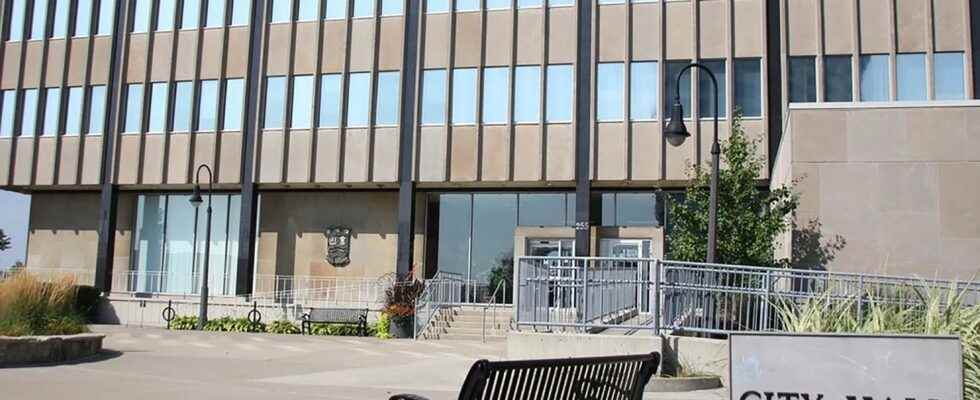
A higher volume of big capital projects in recent years has contributed to more capital spending getting carried over to the following year, Sarnia officials say.
“It’s just the reality some projects take longer than others,” said David Jackson, Sarnia engineering and operations general manager.
count. Bill Dennis recently flagged an item in the city’s draft audited financial statements that said the city was underspending capital by $9 million to $12 million per year for the past two years.
Dennis asked staff for an explanation.
That’s true, Jackson and city finance officials said, but noted carryover of capitals spending happens regularly.
Sarnia’s amount of carryover has been higher than usual, but it’s expected to drop as bigger projects are completed, Jackson said.
“In the vast majority of cases, it’s in the following year that project wraps up and the money is fully allocated,” he said.
One example are the two new diesel buses the city ordered for purchase in 2021, he said.
The $1.3-million contract was awarded that July, but the buses still had to be built, meaning they didn’t arrive, nor were they actually paid for, until 2022.
“I would say the vast majority is either projects like that that are multi-year, or it just takes more time to get it done than one year,” said Jackson, noting the design and tendering phases for construction projects can also take time and cause projects to take more than 12 months.
Capital spending has also increased 90 per cent — or $108.5 million — in the five -year period between 2019 and 2023 compared to the five year-period between 2014 and 2018, finance director Jane Qi recently told council.
Staffing levels haven’t risen to keep pace with the extra work, so it’s not possible to issue all the tenders for all the projects early in the year, Jackson said.
“If they had gone out right at the beginning of the year, maybe you would have completed all of the construction that year,” he said. “But because they got out later, then the project might have carried over into the next year.”
Supply chain issues like delayed watermain pipe that stalled Plank Road reconstruction in 2021 also factor in, he noted.
“Certainly in some projects, it is delays, which have been more of a challenge in the last couple of years than usual,” he said.
No money approved for spending in a year is reapproved in subsequent capital budgets and instead carries over, he said.
Every capital budget will have some carryover, he said.
“I would say we were probably a bit higher than usual maybe in the last couple of years because of those supply chain issues and the size of the capital budgets.”
Sarnia’s draft capital budget for 2023 is $44.7 million.
It was $49 million in 2022 and $61.8 million in 2021, Qi said recently.
City council budget deliberations are scheduled for Jan. 10.
